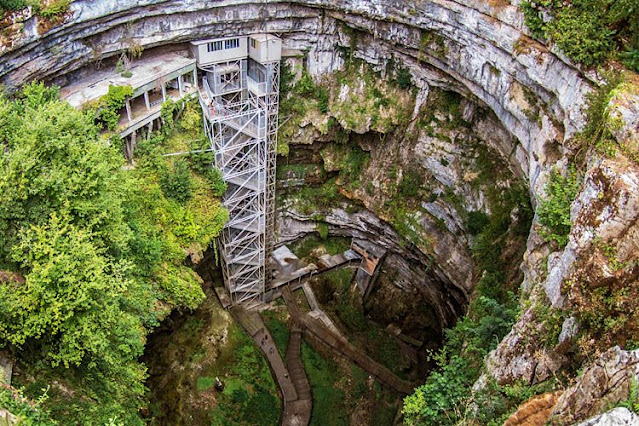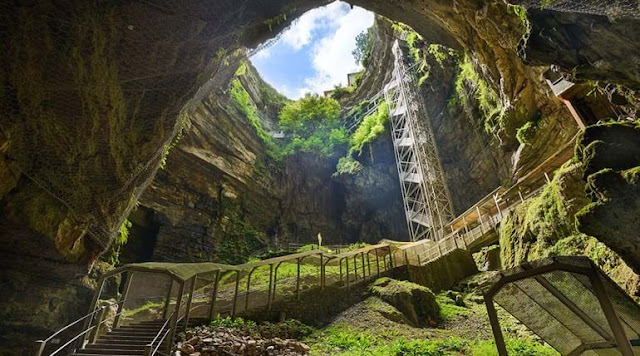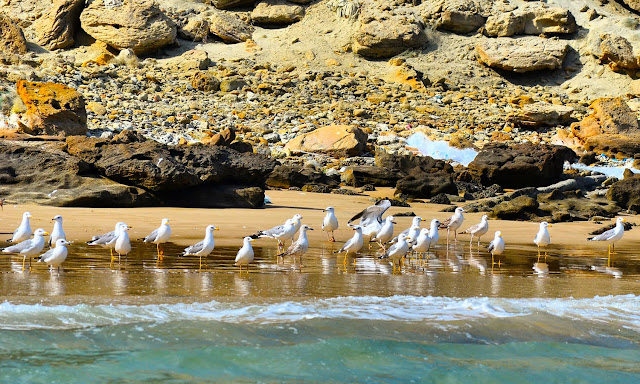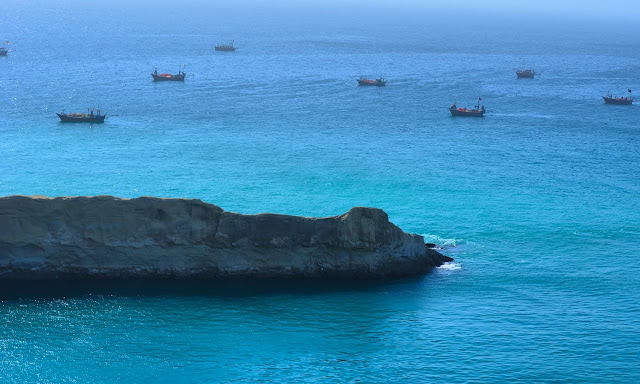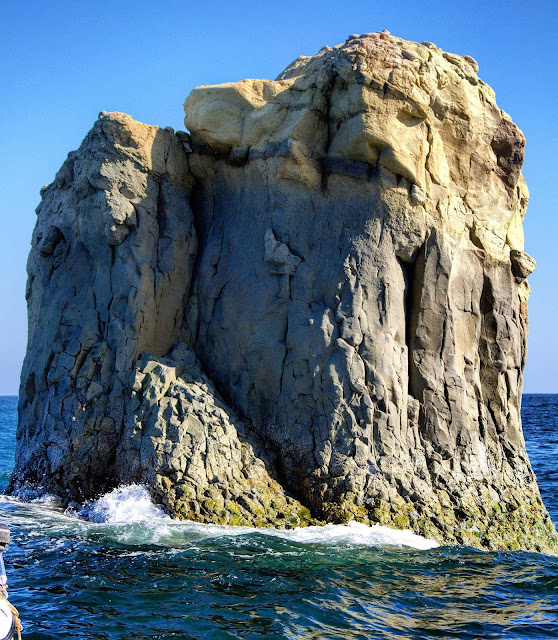The Padirac Chasm is a cave situated near Gramat, in the Lot department, Occitanie region, France. In French Padirac chasm is called Gouffre de Padirac itself is 338 ft deep, with a diameter of about 33 108 ft. Tourists descend 75 m via a lift or a staircase before entering into the cave system. The Padirac Chasm comprises a subterranean river system that is partly negotiable by boat and is viewed as one of the most extraordinary natural phenomena of the Massif Central. This beautiful cave was created at an undetermined point in time when the roof collapsed into a large internal cavern.
It is known that the cavern existed in the 3rd century and was inhabited during the 15th and 16th centuries during which time Potassium nitrate was excavated from the area. In 1898, The first tourists visited the cave. In April 1899, Georges Leygues, the 87th the prime minister of France, officially opened the site for tourism. Today, although the cave system is made up of more than 40 km of galleries, only 2 km have been opened for tourism. Padirac Chasm was truly also one of the first tourist sites in France in the 19th century!
Since the 1930s, guests can access the cave system by descending 75 m by lift or stairs and then exploring the cave system on foot and by boat. Padirac Chasm is the most regularly visited underground tourism facility in France. Furthermore, 350,000 visitors annually, and a record of 460,000 in 1991. The cave was first explored, in 1889, by Édouard-Alfred Martel. Much of the credit for opening the cave system is owed to Guy de Lavaur, who came to Padirac in 1938 and managed to penetrate 15 km of the passages. Visitors can plunge into the depths of one of the largest chasms in Europe and take a boat ride on an underground river to explore the most extraordinary caves in the Dordogne Valley.
Also, the Natural cavern of 33 meters in diameter formed when the roof collapsed. Also, the 500 meters further, tourists continue the circuit on foot via a series of lovely rooms. the Rain Lake and the pendant-like Pendeloque stalactite, the Salle des Grands Gours with a lake, and then the Salle du Grand Dôme with its impressive 94-meter-high ceiling. All these natural formations are breathtaking. Imposing and impressive in size and loveliness, the Great Dome Room is a real mineral cathedral. This enormous sinkhole has carved out remarkable caverns in the limestone, full of massive stalactites and stalagmites deep under the ground then punt along a subterranean river of pristine turquoise water.
Product You May Interested
- Feel Emotional Freedom! Release Stress, Heal Your Heart, Master Your Mind
- 28 Day Keto Challenge
- Get Your Customs Keto Diet Plan
- A fascinating approach to wipe out anxiety disorders and cure in just weeks, to become Anxiety free, relaxed, and happy.
- Flavor Pairing Ritual Supercharges Women’s Metabolisms
- The best Keto Diet Program
- Boost Your Energy, Immune System, Sexual Function, Strength & Athletic Performance
- Find Luxury & Designer Goods, Handbags & Clothes at or Below Wholesale
- Unlock your Hip Flexors, Gives you More Strength, Better Health, and All-Day Energy.
- Cat Spraying No More – How to Stop Your Cat from Peeing Outside the Litter Box – Permanently.
- Anti-aging nutritional unexplained weight gain, stubborn belly fat, and metabolic slowdown. Reach Your Desired Weight in a Week and Stay There.
- Get All Your Healthy Superfoods In One Drink
